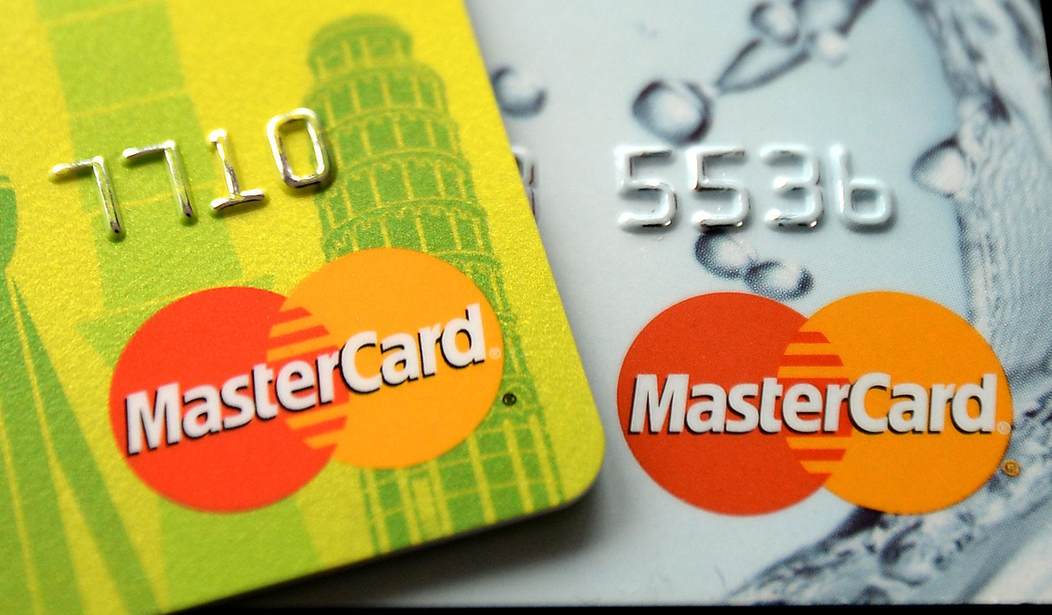If you’re a Mastercard customer, you’re likely unaware that the company has been selling your transactions to Google. According to Bloomberg News, four people with knowledge of the arrangement — including those who actually worked on the negotiations — disclosed the partnership. This secret deal means Mastercard sells the transactions of its customers to Google in order to allow Google to learn what their users buy in stores with the advertising they respond to online.
Buying these transactions from Mastercard allows Google to give their advertisers the ability to track whether the ads they ran online led to a sale at a physical store in the U.S. According to these sources, none of the two billion Mastercard holders were informed about this arrangement.
Privacy advocates are not happy about this. “People don’t expect what they buy physically in a store to be linked to what they are buying online,” said Christine Bannan, counsel with the advocacy group Electronic Privacy Information Center (EPIC). “There’s just far too much burden that companies place on consumers and not enough responsibility being taken by companies to inform users what they’re doing and what rights they have.”
Neither Google nor Mastercard would comment on the partnership. Both instead provided PR doubletalk that fails to admit the arrangement.
A Google spokeswoman said, “Before we launched this beta product last year, we built a new, double-blind encryption technology that prevents both Google and our partners from viewing our respective users’ personally identifiable information. We do not have access to any personal information from our partners’ credit and debit cards, nor do we share any personal information with our partners.”
The Mastercard spokesman said Mastercard shares transaction trends with merchants and their service providers to help them measure “the effectiveness of their advertising campaigns.”
Last Year Google announced a service called Store Sales Measurement that gives them access to about 70 percent of U.S. credit and debit cards but didn’t name the cards. Mastercard represents 25 percent of all credit card sales, so it’s likely other card companies are cooperating with Google as well.
How does this help Google? It allows them to look at specific user profiles and understand their purchasing habits online and at retail. Even if they don’t identify the specific individual, it gives them more information about those who fit that profile.
Google has been trying hard over the years to better connect online with offline sales. Originally they wanted to use their own payment solution, Google Wallet, to track our store purchases, but it was a failure, so they began approaching the credit card companies.
Google has tried tracking users who click on an ad and then visit a physical store by using GPS and Google Maps, but that turned out not to be very effective. Next Google tried using email, but that failed as well.
That’s when Google began using credit card data. The way it works is as follows: Let’s suppose a person clicks on an ad for a pair of headphones online but doesn’t buy anything. If that person walks into a store and buys the headphones using their Mastercard, the advertiser gets a report from Google listing sales of items it received from Mastercard along with the numbers of clicks for that headphone ad.
Google claims that it doesn’t identify the individual, but uses this information to track the effectiveness of the ad. But it’s a simple step and much more useful for them to identify the individual, with Google perhaps asking for a cut of the revenue if it can show its ad led to a sale.
The only way to stop this is to ask your credit card company if they are selling your transactions. If they are, ask how you can opt out. Many of us expect to be tracked while we are online, but now we’re being tracked even when we’re offline. Apparently, there’s no escaping the Googles and Facebooks of this world.









Join the conversation as a VIP Member